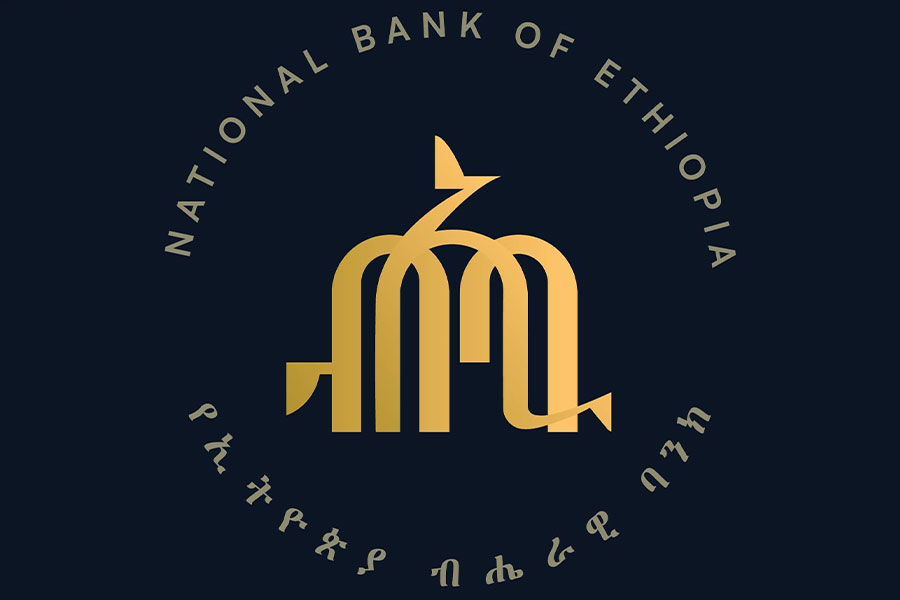
May 11 , 2019
The European Union has pledged 33.5 million euros to be used for disaster risk reduction project. Admasu Nebebe, state minister for Finance, and Erik Habers, head of Cooperation for the European Union Delegation to Ethiopia, signed the financing agreement on May 8, 2019. The project aims at strengthening households, communities and local authorities to manage and adapt to disasters and other risks, reducing their humanitarian and economic impact, forced displacement and irregular migration. The project implementation period is for 54 months. The financing was raised from the EU Trust Fund that pledged 25 million euros and an additional eight million euros from the 11th EDF Health Sector Support Programme.